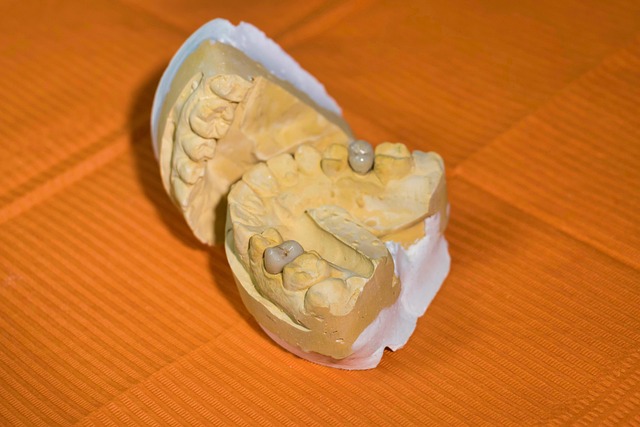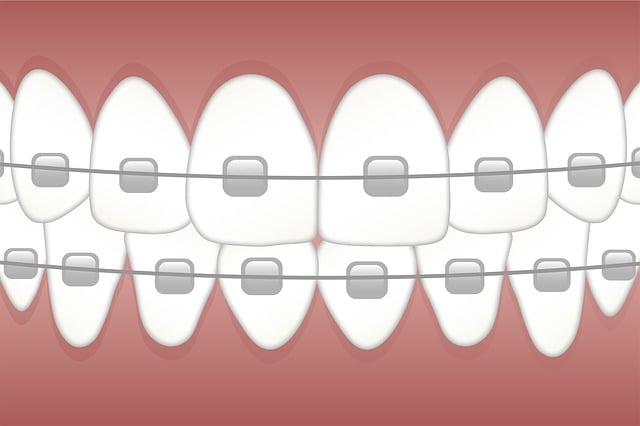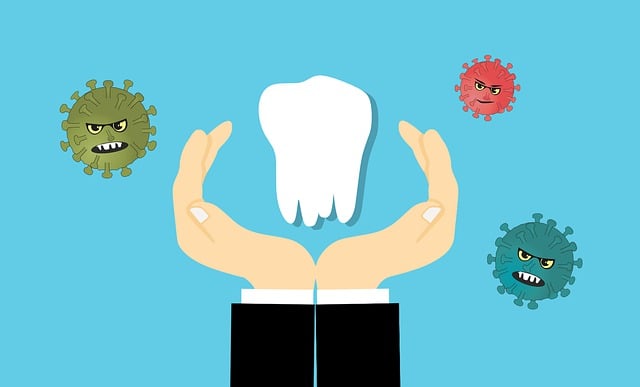A pediatric dentist specializes in oral health for children and adolescents, addressing unique needs from baby teeth extraction to managing anxiety and special requirements. They educate parents on proper hygiene and identify developmental issues early through regular check-ups, significantly impacting overall well-being. Customized strategies like sensory-friendly environments and specialized equipment ensure positive dental experiences for kids with disabilities, while techniques like storytelling reduce anxiety. Parents can support this process by explaining procedures and bringing comfort items; dental teams should use age-appropriate language and calming methods to create a welcoming atmosphere, reducing anxiety and fostering healthy smiles.
Special needs dentistry is a specialized field focused on providing oral healthcare for children with diverse disabilities. This article explores key aspects of pediatric dental care, guiding parents and dental teams in navigating unique challenges. We delve into understanding the specific needs of young patients, customized care strategies tailored to different disabilities, and creating supportive environments that foster healthy smiles. By embracing a nurturing approach, pediatric dentists play a vital role in shaping the oral health—and overall well-being—of children with special needs.
- Understanding Pediatric Dentistry: A Nurturing Approach to Oral Health
- Identifying and Addressing Special Needs in Young Patients
- Customized Care Strategies for Different Disabilities
- Building a Supportive Environment: Tips for Parents and Dental Teams
Understanding Pediatric Dentistry: A Nurturing Approach to Oral Health

A pediatric dentist is a specialized oral health professional dedicated to meeting the unique needs of children and adolescents. Unlike general dentists, they have additional training in addressing the specific challenges that come with treating younger patients, from managing anxious children to handling baby teeth extraction. This nurturing approach extends beyond clinical care, encompassing educational aspects like providing preschoolers’ dental care tips to parents and caregivers.
The early years are crucial for oral health development milestones. A pediatric dentist guides children through these stages, ensuring proper oral hygiene habits take root from a young age. They tailor their guidance to each child’s needs, making visits fun and positive experiences that set the foundation for lifelong healthy smiles.
Identifying and Addressing Special Needs in Young Patients

Identifying special needs in young patients is a crucial aspect of pediatrics. Pediatric dentists are trained to recognize early signs and symptoms that may indicate developmental delays, physical disabilities, or behavioral issues affecting oral health. Regular check-ups become vital tools for addressing these needs, as early intervention can significantly impact a child’s overall well-being and self-esteem.
For instance, a pediatric dentist might focus on calming anxious kids through personalized care and relaxing environments. They also play a critical role in managing children’s dental emergencies, ensuring prompt treatment to alleviate pain and prevent further complications. Moreover, promoting oral health for toddlers aged 2 to 5 involves educating parents about proper brushing techniques, healthy eating habits, and regular visits to foster strong oral hygiene practices from an early age.
Customized Care Strategies for Different Disabilities

When it comes to addressing the unique needs of children with disabilities, a tailored approach is essential. A skilled pediatric dentist understands that every child is different and requires customized care strategies. For instance, a child with autism might need a quiet, sensory-friendly environment during dental visits, while a child with cerebral palsy may require specialized equipment for their safety and comfort.
These personalized methods extend to various disabilities, including physical, cognitive, and developmental conditions. Pediatric dentists employ techniques such as visual aids, storytelling, or even animal therapy to make dental procedures less intimidating. For anxious kids, this might involve using playful dental visits as a tool to build trust and confidence. Additionally, procedures like dental sealants can be effectively used to protect children’s teeth from decay, promoting better oral health outcomes for kids with special needs.
Building a Supportive Environment: Tips for Parents and Dental Teams

Creating a supportive environment for children with special needs during dental visits is essential to ensure positive and healthy experiences. Parents play a crucial role in this process, as they can help their kids feel more at ease by explaining the procedures in simple terms and reassuring them throughout the visit. It’s also beneficial to bring familiar items from home, such as a favorite toy or blanket, which can provide comfort and security.
Dental teams should be well-trained in working with children having special needs. They can create an inviting atmosphere by using age-appropriate language, playing calming music, and incorporating visual aids or storytelling techniques during the exam. Establishing a routine before and during appointments can also help preschoolers feel more predictable and less anxious. Consider offering a pediatric dentist near school or following reputable pediatric dentist recommendations to ensure your child receives the best possible care tailored to their unique needs.
Special needs dentistry plays a pivotal role in ensuring every child receives the oral healthcare they deserve. By understanding various disabilities and implementing tailored care strategies, pediatric dentists can create a nurturing environment that promotes healthy smiles. Parents and dental teams working together can significantly impact a child’s comfort and overall dental health, making regular visits an enjoyable experience. When navigating special needs, a customized approach is key, fostering a positive relationship between the patient, their family, and the dental care team.













